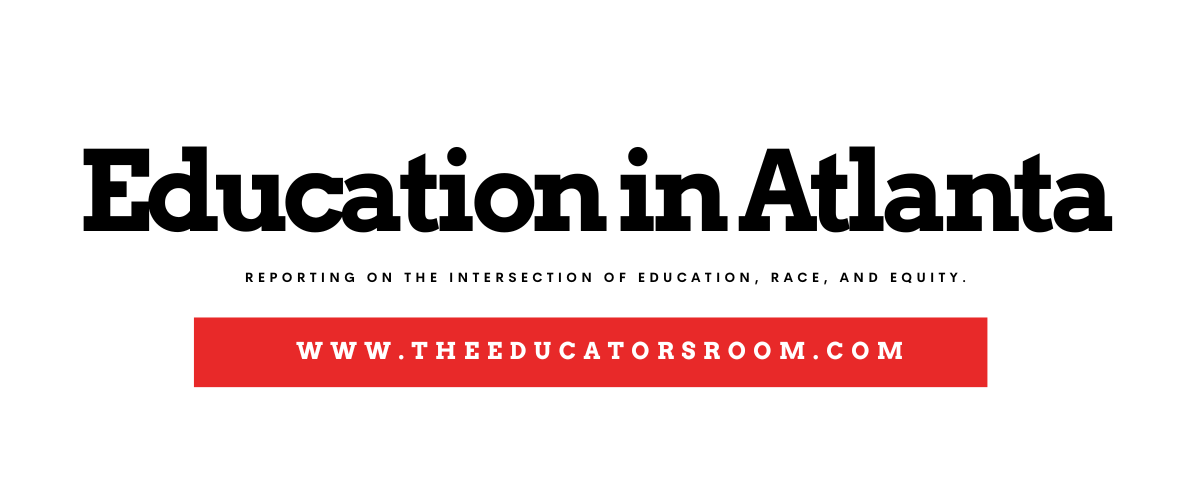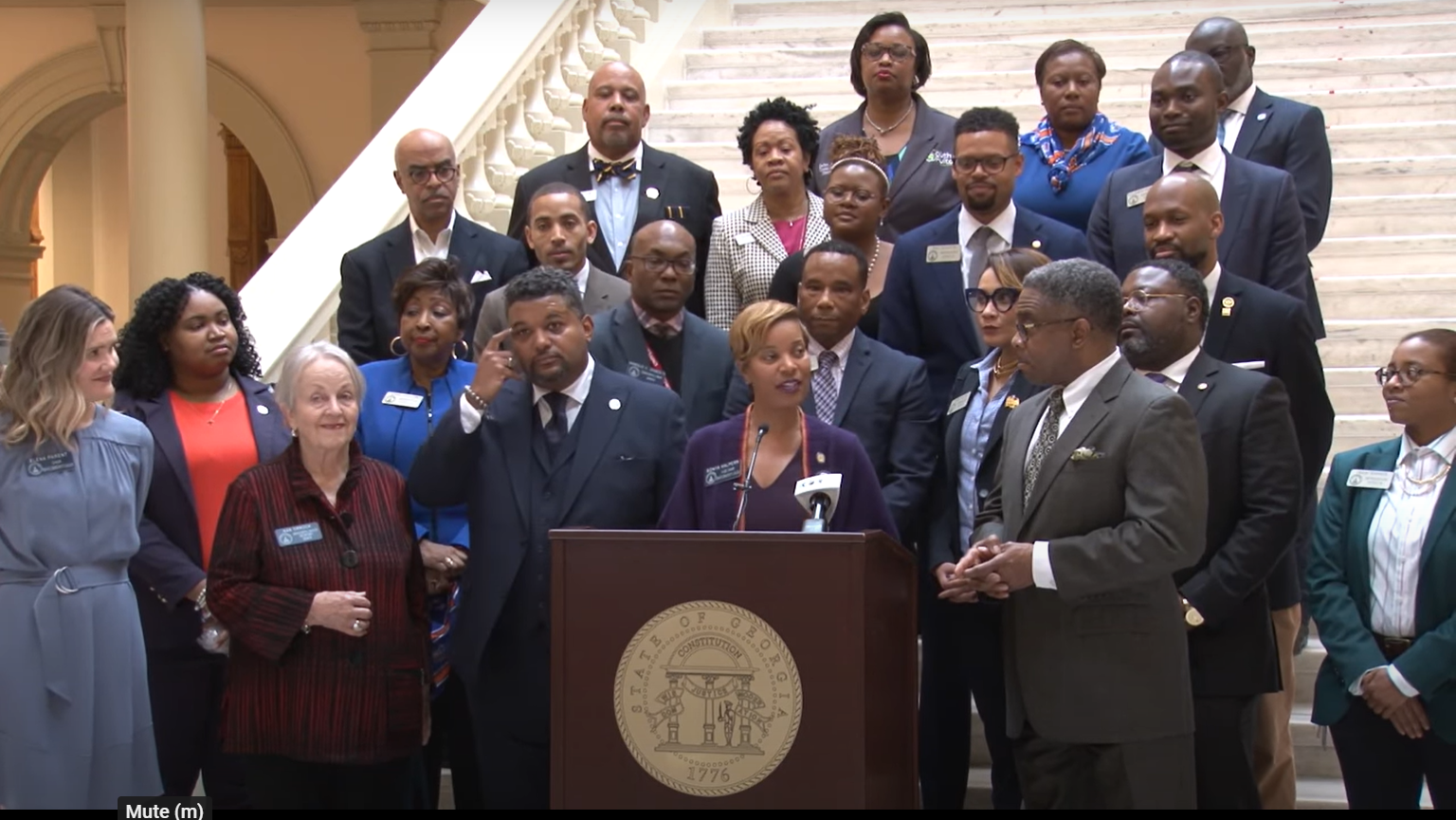On Thursday, Feb. 9, 2023, Sen. Sonya Halpern (D – Atlanta), held a press conference with members of the General Assembly and stakeholders from Georgia’s Historically Black Colleges and Universities, or HBCUs, to announce the findings and recommendations of the Senate Study Committee on Excellence, Innovation, and Technology at HBCUs. Halpern spearheaded the effort, which was created by Lieutenant Governor Jeff Duncan.
Georgia has 10 HBCUs, including Atlanta schools, Moorehouse College, Clark Atlanta University, and Spelman College.
The findings show that HBCUs have significantly contributed to Georgia’s economy and workforce, creating 12,000 jobs and leaving a $1.3 billion annual economic impact on the state’s workforce.
“We have the opportunity to position HBCUs as stronger catalysts for diversifying the state’s workforce, driving more innovation and economic impact, and anchoring community and economic development around their campuses,” Halpern said.
The study committee also outlined four recommendations moving forward for the growth and sustainability of HBCUs. Halpern said these suggestions are not exhaustive but hoped they would offer a starting point to leverage the educational and economic assets HBCUs present to the state.
The Committee’s first recommendation is launching a bicameral, bipartisan HBCU caucus modeled after that of the National Congress. The caucus’s goal would be to continue the Senate study committee’s work by engaging HBCU presidents, industry leaders, and other stakeholders in investing in these schools and their surrounding neighborhoods.
The second recommendation is creating HBCU subcommittees under the existing Senate and House Committees on Higher Education. “We believe that the 10 HBCUs would greatly benefit from a committee dedicated to considering and adopting specific legislation related to them and their surrounding communities,” Halpern said.
Halpern is currently collecting signatures to a bill that would establish a Senate subcommittee and is hoping to have a bill by Tuesday, Feb. 14.
The third recommendation is a request to Georgia’s HBCUs to commission a third-party, biannual report outlining how state agency works with and funds HBCUs and other minority-serving institutions.
The Committee’s final recommendation is to create HBCU innovation and planning districts to study and test best practices.
“Ultimately, these planning districts [would] allow city county, state, and federal governments, as well as private and philanthropic interests, to leverage their resources to support innovation, technology [and] entrepreneurship at our HBCUs and modernize the campuses and their surrounding communities,” Halpern said.
Halpern said that the first step is to have legislation to create a committee that would build a framework for these planning districts and hopes to accomplish this goal during the 2023 legislative session. Developing mixed-use housing on HBCU campuses and increasing broadband access in surrounding neighborhoods were floated as goals these planning districts might aim to accomplish.
“As our economy continues to diversify and business and corporations continue to search for talent, we cannot leave our historically Black colleges [and their students] behind,” said Nathaniel Smith, founder and CEO of the Partnership for Southern Equity and a Moorehouse College alum.”If we do that, we’ll be fighting an economic battle with one arm tied behind our backs. We must find a way to ensure that all communities have a chance to participate, not just because it’s the right thing to do, but because we need an all hands on deck agenda.”

